Navigating through the world of mental health services when you are in need of help can be difficult. In this blog I am focusing on accreditations within psychotherapy training – CBT and EMDR in particular.
Cognitive Behavioural Therapy
CBT is an abbreviation and stands for Cognitive Behavioural Therapy.
This widely researched therapy has shown its effectiveness for several decades now and is widely used all over the world. As the name indicates, it focuses on the belief systems and thoughts, including imagery (the cognitive) and behaviour patterns that are unhelpful. CBT is good for learning new skills, whether it’s to be more assertive or learning how to worry less.
The cognitive principle: Emotional reactions & behaviours are strongly influenced by Cognitions. Cognitions are thoughts, beliefs and interpretations about one’s self or the situation in which one finds themselves.
In other words, it’s not just the event that determines the emotion; there is also a cognition i.e. the interpretation people make of the event.
Book a Consultation
Event → Cognition → Emotion → Behaviour
The behavioural principle: This is what we do and act upon. Most common behavioural patterns are avoidance and reassurance seeking behaviours.
The ‘continuum’ principle: It is more helpful to see mental health problems as arising from exaggerated or extreme versions of otherwise normal processes. Psychological problems are not in different dimensions, but rather on the same continuum.
The ‘here and now’ principle: The main focus is on what is happening in the present, the processes currently maintaining the problem.
The ‘interacting systems ‘ principle: This is the view that problems should be thought of as interactions between various systems within and around the surroundings, environment.
Modern CBT identifies 4 such systems: Cognition, Affect or Emotion, Behaviour, and Physiology. These systems interact with each other and the environment (physical, social, family, cultural and economic).
The empirical principle: CBT believes that theories and treatments should be evaluated using scientific evidence.
These principles are also used in Cognitive Coaching. Cognitive coaching is based on CBT and focuses on self development. It is good for improving life skills like time management or anxiety management. A part of CBT is also another therapy form called mindfulness.
Mindfulness is adopted from old Eastern philosophies and meditation practices. Mindfulness practice will help to train the mind to focus better.
What to expect?
- Evidence based Therapy: Thousands of research trials are carried out to test and develop the best techniques and methods for treatment of different problems.
- Problem focused: Therapy that focuses on the “here and now”, mapping the symptoms in order to explain the problem. At times connecting and linking it to the past, but not dwelling on the past.
- Goal oriented – Cognitive behavioural therapy goals are defined and set. The therapy course is completed and ended as the goals are achieved.
- Dynamic: There are tasks that are carried out in between sessions to allow for the therapy to be fluid and adaptive; this allows you to practice the new skills and test the new belief systems that are discussed and learnt through the sessions.

- Time Efficient – The average treatment course duration (typically measured from initial presentation to “wellness”) is between 8-13 hours. This demonstrates the effectiveness and efficacy of Cognitive Behavioural Therapy compared to other less focused and goal orientated therapeutic interventions.
- Collaborative: Cognitive Behavioural Therapists will share their knowledge of Cognitive Behavioural Psychotherapy skills, suggesting different tools while supporting the client’s learning. Our approach is collaborative and cohesive, we work with our clients in order to support their journey of completing their goals.
How does it work?

Book your first therapy session
Often it is difficult to pinpoint what is exactly the problem. Don’t worry about that. Just simply book your first appointment, and a member of our team will advise you on providing the best way forward.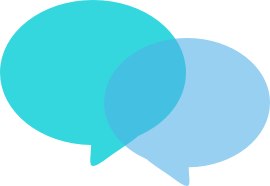
Access convenient and effective therapy
We offer help remotely meaning you don’t have to leave your home. We only provide support that is evidence-based, backed up by vigorous research, providing you with a clear strategy and support that guarantees success.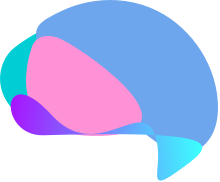
Take the next step towards a healthier mind
We offer personal aid, supporting you on your journey to a better and happier life. A highly trained member of our team will carry out your assessment and provide you with a bespoke plan going forward.Awards, Accreditations & Partners
Our therapists are accredited with the following UK and EU boards:
We are also able to accept clients who are insured by AXA, WPA and BUPA
*Please enquire for all other insurance companies*


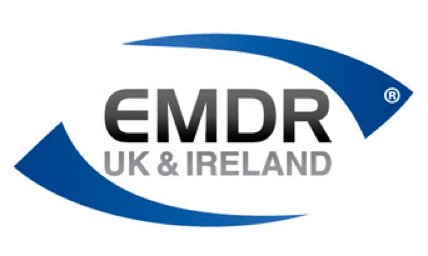
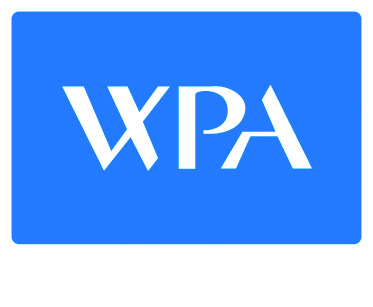

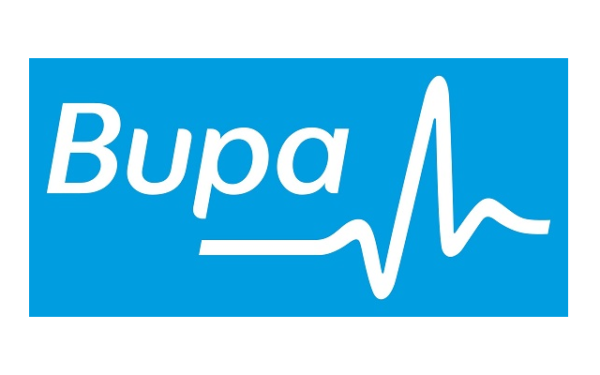
How we can help you Our Latest News & Advice
Not sure what you’re looking for?
Arrange a chat with our specialist team


